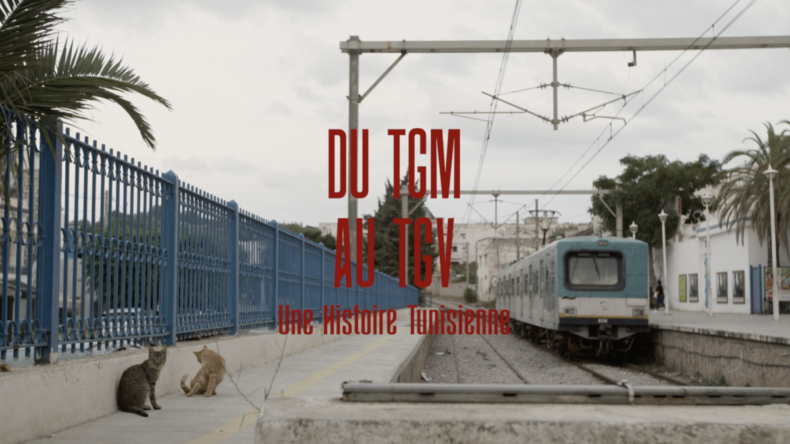From Tunisia to France, the pain of exile

The TGM, the Tunis-Goulette-Marsa train, travels along the Tunisian coasts and effectively represents nostalgia for a life made up of days on the beach, carefree living and an idealised past that no longer exists. Instead, the TGV is the symbol of a life rebuilt on new tracks, in an unknown France, painfully uprooted from their own origins, but supported by a strong will to redeem. By ideally following the route of these two trains, the documentary “Du TGM au TGV” tells the stories of Tunisian Jews, who after the Second World War left their homes en masse, abandoning an increasingly unwelcoming homeland in order to move to France. The film, directed by Ruggero Gabbai, written by Sonia Fellous and produced by Gilles Samama, was premiered to the Italian public during the Rassegna Nuovo Cinema Ebraico e Israeliano (New Jewish and Israeli Cinema Review) of the Fondazione Cdec (Cdec Foundation) in Milan. “Our idea was to pass on this cultural heritage to the next generations,” stressed producer Samama at the opening, the protagonist of a multi-voice dialogue with director Gabbai, historian Fellous and one of the witnesses who were interviewed in the documentary, Mohsen Mouelhi.
By digging into memories, the documentary highlights many aspects of the Tunisian Jewish Community, enhancing its memory without overlooking contradictions and complexities. Indeed, at the beginning the voices tell of a day-to-day life of integration, in which festivities and traditions were shared with Muslim, Christian and other neighbours, while other testimonies gradually reveal how partial these reconstructions were. “Otherwise, why would we have left?”, this question does not play favourites to the charm of nostalgia. And so, the images of the cheerful everyday life spent at the seaside, the peaceful coexistence of cultures with exchanges of scents and dishes alternates with accounts of anti-Semitic violence, expropriations, and threats. Fellous recounts, for example, how one day shouts in Arabic language calling for ‘death to the Jews’ could be heard on the stairs of the Tunis flat she lived in. She also describes how men armed with knives climbed the stairs, while Fellous’ father, locked in the house, covered her and her brother under his tallit in a desperate attempt to protect them. And she explains how a neighbour eventually chased away the violent men, claiming that ‘there are no Jews here’.
Such a duality between love for the root land and resentment for a place laden with suffering is one of the main themes of the documentary. A story about the complexity of exile, of the uprooting that touches Tunis, like other realities.
Translation by Martina Bandini, revised by Laura Cattani, students at the Secondary School of Modern Languages for Interpreters and Translators of the University of Trieste, interns at the newspaper office of the Union of the Italian Jewish Communities – Pagine Ebraiche.
